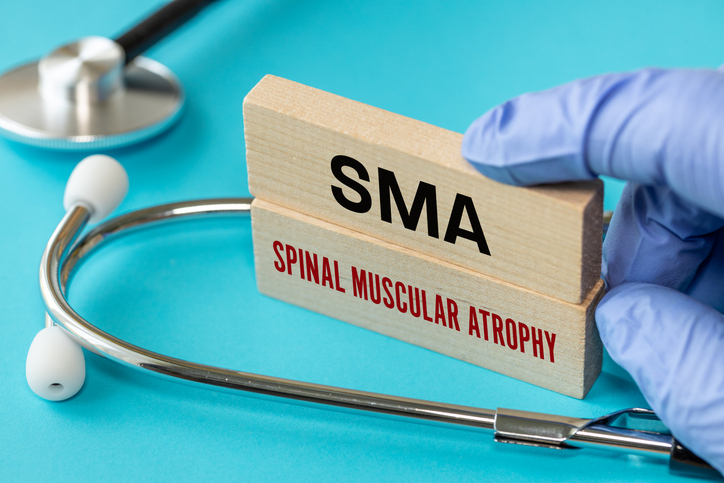
Here are the top stories covered by DocWire News this week in the Homepage section. In this week’s issue find how inducing seizures can help identify seizure locations, what home care aides endure taking care of their clients, and if sleeping with the TV on can cause women to gain weight.
The findings of a study published in JAMA Neurology suggest that inducing seizures before surgery on patients with epilepsy may pinpoint the brain region where the seizures are located. In this cohort study, researchers assessed data from 103 patients with focal drug-resistant epilepsy who went underwent stereo electroencephalography (SEEG) between January 2007 and January 2017 from two tertiary epilepsy centers. Following an analysis of all electronical characteristics correlated with cortical induced seizures, results of the study showed that the percentage of patients with cortical stimulation–induced electroclinical seizures was higher in the good outcome group when juxtaposed to the poor outcome group (70.5% vs 47.5%), indicating that patients with induced seizures experienced better outcomes. Dr. Birgit Frauscher, lead researcher of the study, said that “I think it would be a huge advantage if this procedure was done in the first days of a patient’s stay.”
Home care (HC) health aides frequently endure verbal abuse from their clients and their clients’ families and mitigating such occurrences would require specific changes in work organization and training, according to a study published in Occupational & Environmental Medicine. In conducting this questionnaire study, called the Safe Home Care Survey, data were collected on 954 HC aides between September 2012 and April 2013 as part of a larger mixed methods research initiative called the Safe Home Care Project. According to the results of the study, 206 aides (22%) reported experiencing at least one occurrence of verbal abuse in the 12 months preceding the survey. “We identified verbal abuse risk factors for which preventive interventions can be implemented,” the study authors wrote. “While the study cannot prove that these factors are causal, all suggested interventions also have benefits for improved care quality and work conditions beyond abuse prevention.”
Exposure to artificial light at night (ALAN) was associated with weight gain and obesity in women, according to a study published in JAMA Internal Medicine. In this baseline and prospective analysis study, researchers enlisted 43,722 women, aged 35 to 74 across all 50 US states and Puerto Rico from July 2003 through March 2009. The study exposures comprised of ALAN, which was defined as no light, small nightlight in the room, light outside the room, and light or television in the room. When juxtaposed to sleeping with no artificial light, sleeping with a TV on or a light in the room exhibited a positive associated with gaining 5 kg or more, resulting in a BMI increase of over 10%. Lead author Dr. Yong-Moon (Mark) Park, M.D., PhD., said “this study highlights the importance of artificial light at night and gives women who sleep with lights or the television on a way to improve their health.”







 © 2025 Mashup Media, LLC, a Formedics Property. All Rights Reserved.
© 2025 Mashup Media, LLC, a Formedics Property. All Rights Reserved.